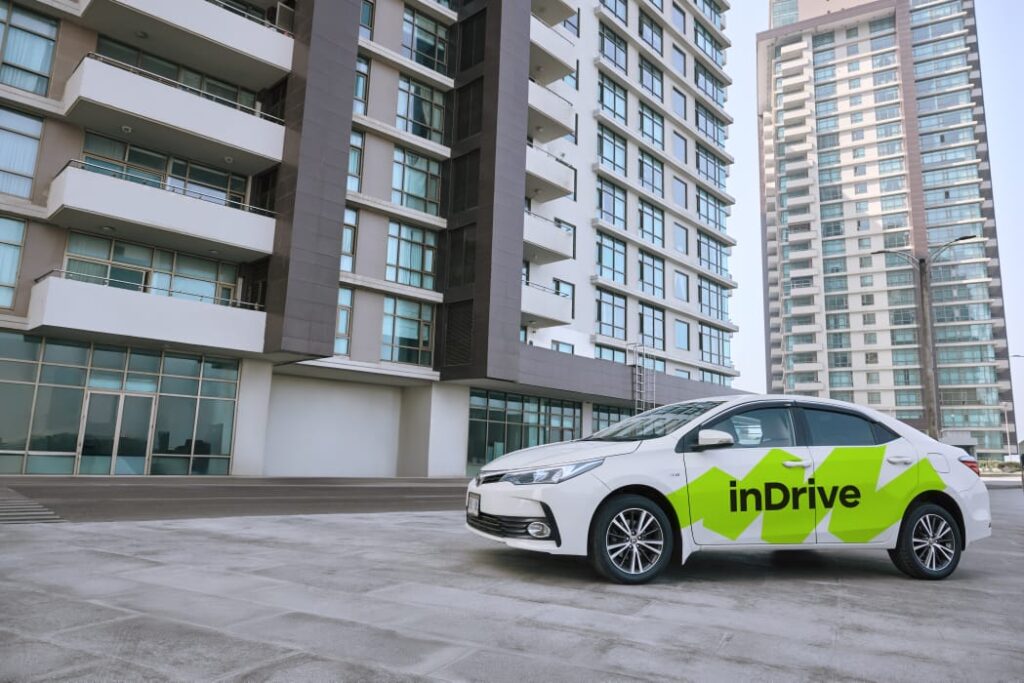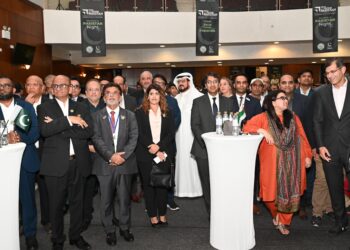The current one-size-fits-all tax model
is stifling innovation and fair
competition, industry stakeholders argue
Business Reporter

Karachi: As Pakistan prepares its fiscal budget, industry leaders are calling on the federal government to introduce a progressive and equitable taxation policy for the rapidly growing ride-hailing sector.
With rising urbanization, limited public transportation, increasing fuel prices, and worsening traffic congestion, ride-hailing platforms have become a vital mode of transport for millions across the country. However, industry stakeholders argue that the current one-size-fits-all tax model is stifling innovation and fair competition.
Anton Ambrose, Head of Public Policy and Regulatory Affairs for inDrive in the Asia-Pacific region, highlighted the disparities in the existing tax structure. “It’s concerning that platforms charging drivers as little as 10% commission are taxed at the same rate as those taking up to 25%,” he said.
Proposal for Tiered Tax System
To encourage affordability and support both drivers and passengers, Ambrose proposed a tiered taxation system for ride-hailing platforms in the new budget:
- Platforms with commissions under 11%: Fully exempt from service tax
- Commissions between 11% and 15%: Taxed at 5%
- Commissions over 15%: Taxed at 15% or higher
“This model supports fairness and affordability,” Ambrose explained. “Lower taxes on platforms with smaller commissions will directly benefit drivers and reduce fares for users—especially low-income groups—leading to increased demand and, ultimately, greater tax revenue for the government.”

Call for GST Exemption on Ride-Hailing
Ambrose also urged policymakers to exempt ride-hailing services from General Sales Tax (GST), categorizing them as essential services rather than luxuries.
“In a country like Pakistan, where public transport options are limited and safety concerns are prevalent, ride-hailing isn’t a privilege—it’s a necessity,” he said.
A Growing Sector with Economic Potential
With the ride-hailing industry continuing to expand, stakeholders believe that tax reforms can unlock further growth, support economic inclusion, and improve urban mobility.






















